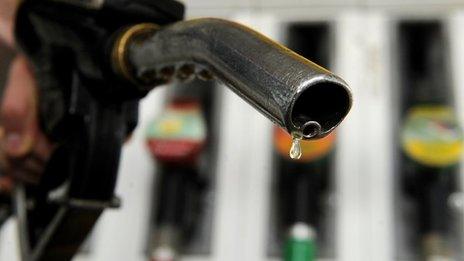Police blunders that made the headlines
- Published

When police officers parked a man's car outside their own station to keep it safe, no-one expected their colleagues to then mistakenly blow it up. But sometimes, despite the best of intentions, our defenders of law and order get it wrong. BBC News takes a look at some other unfortunate blunders.

The importance of telling people where you parked the car
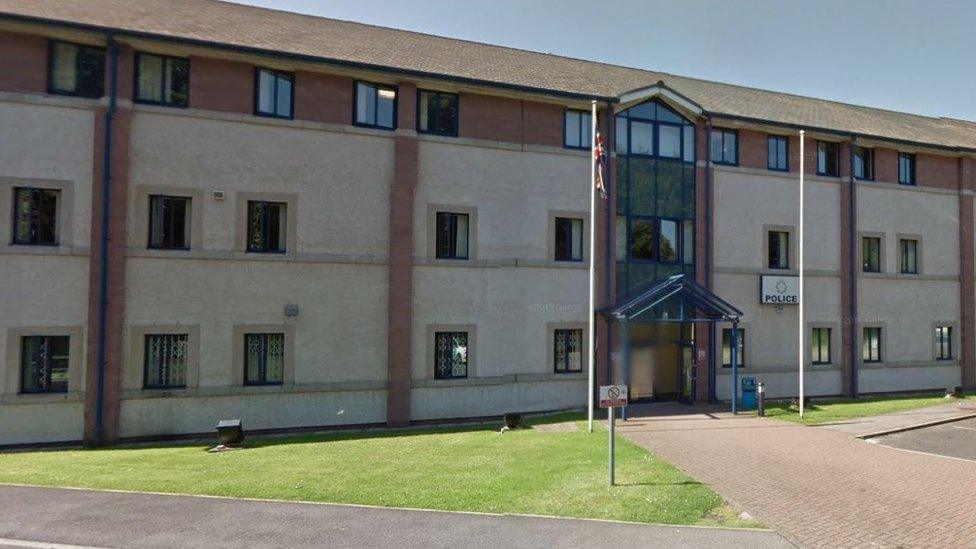
The car was parked by officers outside Workington police station after the owner had been taken ill
Last week, kind-hearted police officers helped a man who had fallen ill and took him to hospital in Cumbria.
Unfortunately, having parked his car outside Workington police station for safe keeping, they failed to make what they had done sufficiently clear to their colleagues.
The next shift, concerned about the "suspicious" vehicle, called the bomb squad who blew it up.
Cumbria Police apologised for the "internal communications error" and said it would "review this incident and will take on board any learning".
Their colleagues in Barrow, external are likely to make sure of that.
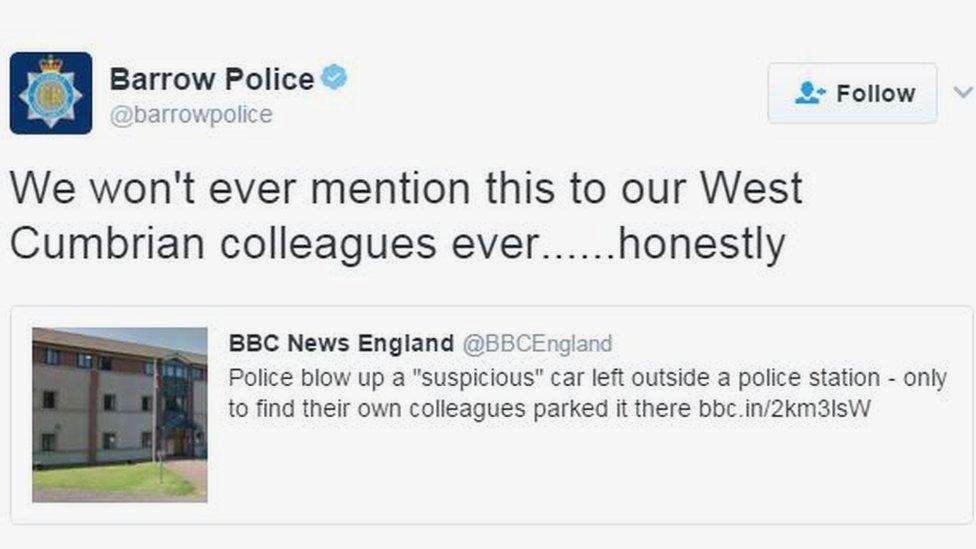

The importance of not putting unleaded in your diesel car

Picking the right fuel can be tricky for officers and civilians alike
Cars have proved tricky for police forces in other ways. Specifically, when it comes to remembering which fuel they take.
Misfuelling repairs cost Scottish police £60,000 over five years. In one year alone North Wales Police put 26 cars out of action, external.
Avon and Somerset force broke 50, external but, in their defence, pointed out they filled up about 57,000 times each year.
Essex Police took the problem so seriously they installed talking fuel caps, external.

The importance of being able tell a road from a grove
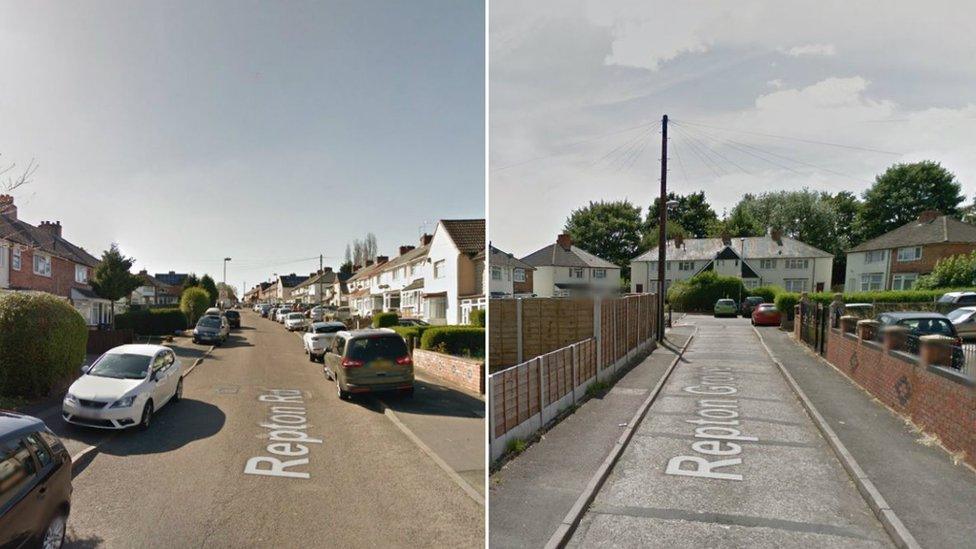
Repton Road, left, and Repton Grove - an easy mistake to make
Still on the road but going the wrong way, some police forces have found mistaken identity to be something of a theme.
One man from Birmingham was erroneously visited by police more than 40 times in 18 months, often in the middle of the night.
West Midlands Police kept confusing a house on Repton Road (where Matthew Jillard lived) with one on Repton Grove (where he did not).
Mr Jillard, who was not wanted in connection with any crimes, said the force told his girlfriend they "knew all about it because they had seminars about not getting it wrong".
A police spokeswoman said officers had "been in regular contact with the occupier to apologise for the mistakes".
Mr Jillard might be forgiven for thinking "regular contact" was the problem.

The importance of realising two people can have the same name
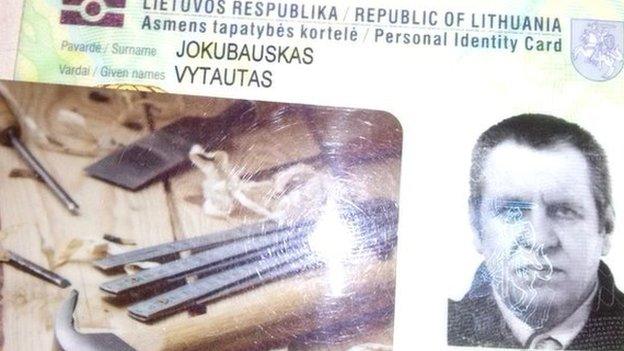
Mr Jokubauskas had to show Lithuanian police his ID
Last year Cambridgeshire Police were looking for a 57-year-old suspect called Vytautas Jokubauskas, from Peterborough.
To aid their search they released an image. The problem was it was of an entirely different 50-year-old Lithuanian, with the same name, who said he had never been to the UK.
This is not the only time Cambridgeshire Police has suffered from a case of mistaken identity.
In May it had to apologise after wrongly indentifying two "completely innocent" teenage girls as prime suspects in a shop theft.

The importance of knowing the difference between Mr and Ms
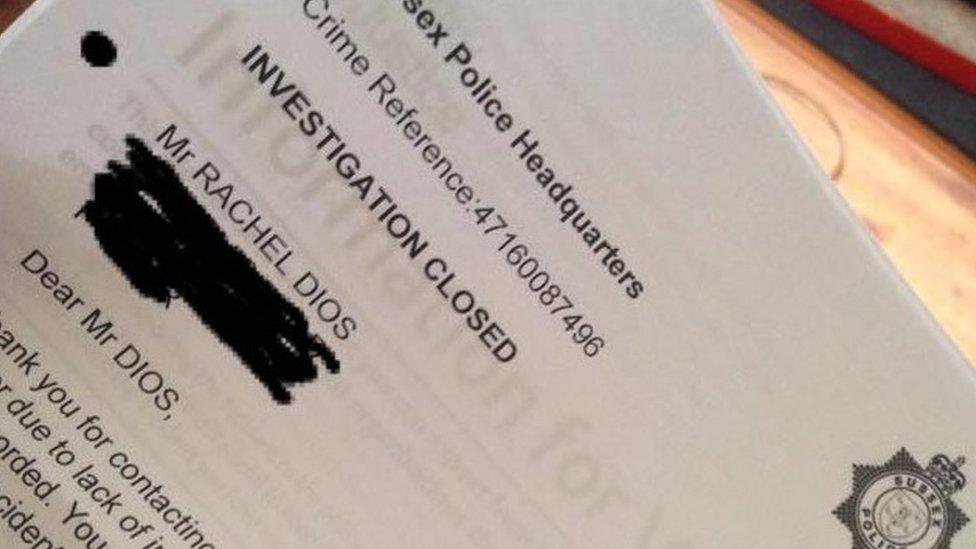
The letter from Sussex Police was addressed to Mr Rachel Dios
For Sussex Police it was the correct name but wrong title which got it into trouble, when a nurse reported a transphobic hate crime.
Rachel Dios told police some men had shouted "It's a man, it's a man" at her in the street. She was disconcerted to receive a reply from the force addressed to "Mr Dios".
The force apologised and undertook "to make sure the same mistake doesn't happen again".

The importance of spell-checking
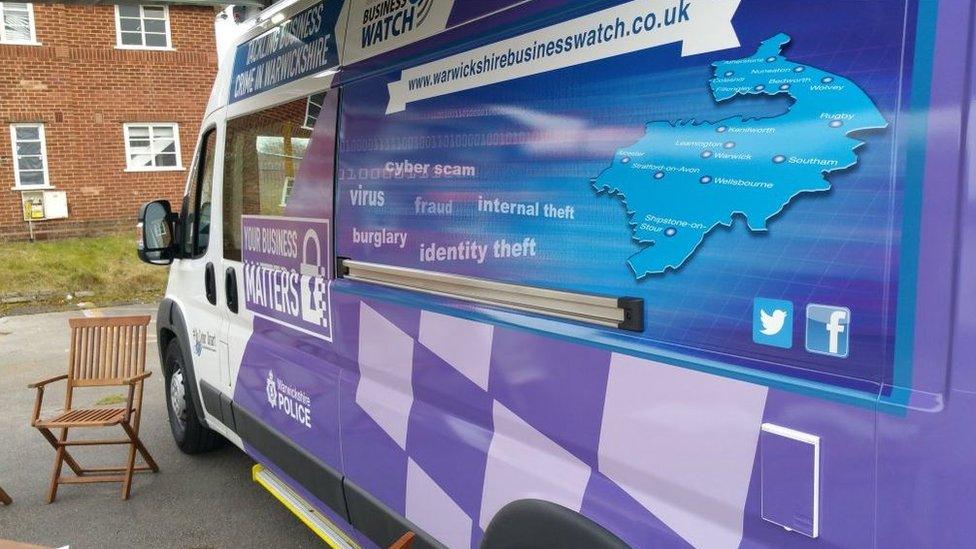
Warwickshire Police tweeted a picture of its new van - but the photograph revealed spelling mistakes on the side
Warwickshire Police risked alienating the good people of Shipston-on-Stour and Wellesbourne when the names of the two towns were spelled incorrectly on a new force van.
When a local neighbourhood team pointed it out, the force did what all modern, social media-minded organisations have learnt works best - held their hands up and made a joke about it on Twitter, external.
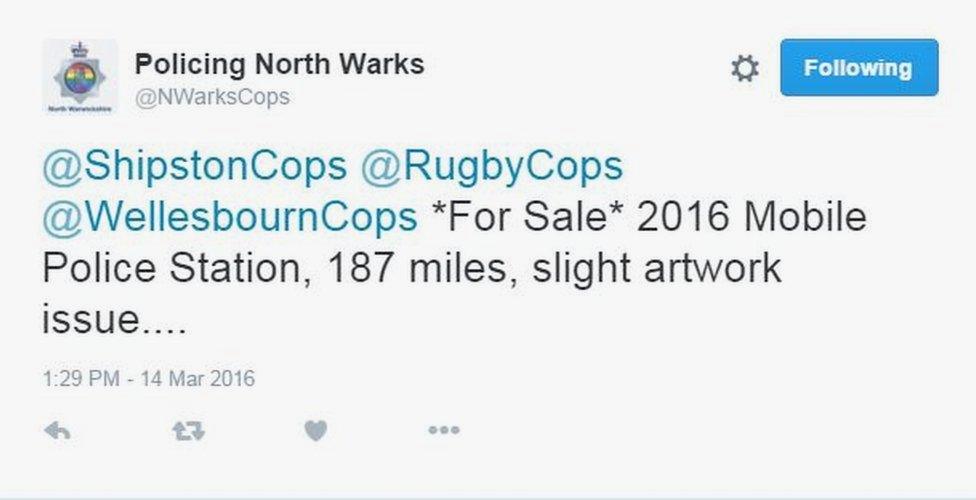

The importance of knowing where you've put your explosives
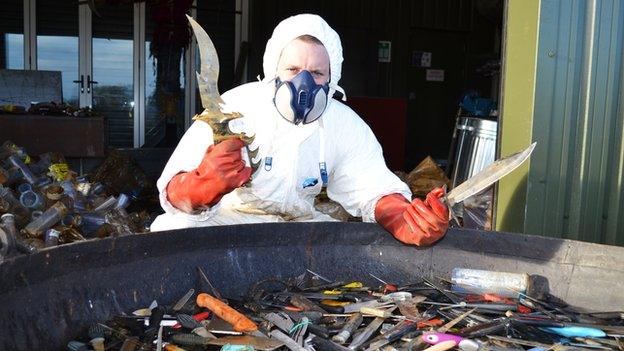
Sculptor Alfie Bradley welded knives to the angel's wings
Clearly making mistakes is easily done. It is just that the police are more likely than most people to be handling explosives when they do err.
Last year, knives collected in a nationwide amnesty were sent by forces to a tourist attraction in Oswestry, Shropshire, for a "knife angel" sculpture.
However, one of the forces accidentally included two bags of explosives in its donation. It was never clear which force was responsible.
Fake explosives can be just as tricky.
In 2014, West Midlands Police inadvertently left behind a fake bomb, external after a training exercise at Wolverhampton Wanderers' football stadium.
Fans spotted the device and the match was almost called off before police realised what had happened.
The force apologised for "any distress".

A difficult job
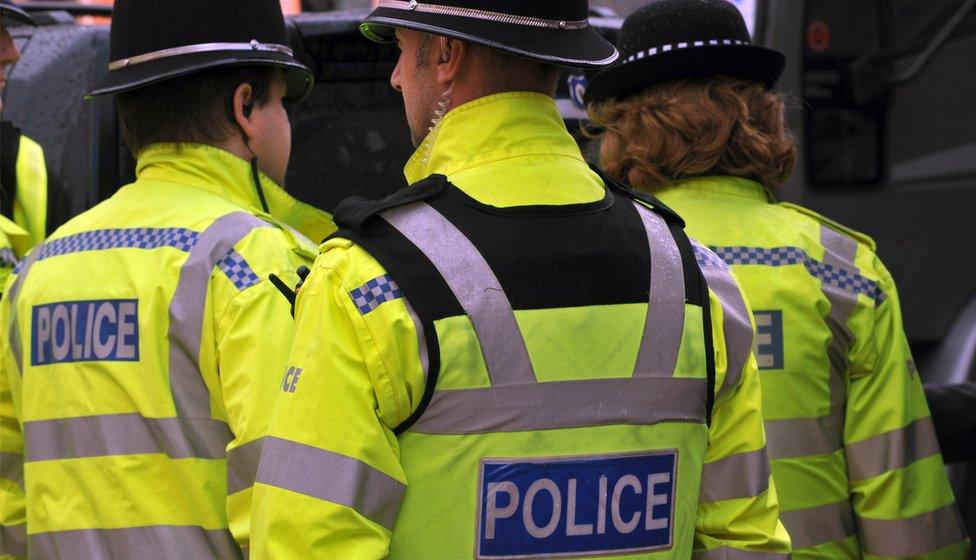
While police mistakes often make the news, this is only because their actions have "more serious consequences for society and public safety", says Professor David Wall, of Leeds University's Centre for Criminal Justice Studies.
"I think we look to police as a source of authority and to help us when we are in trouble and I guess that we expect them to be a little more perfect than the rest of us are," he said.
Cumbria Police calling in the bomb squad suggested "their left hand didn't seem to know what the right hand was doing", he said.
But they are not alone, he stresses.
He recalls an unnamed university which cut down trees to make space for a new conservation area sign and which also stuck "save electricity" posters on windows, making it too dark to see without lights.
- Published2 February 2017
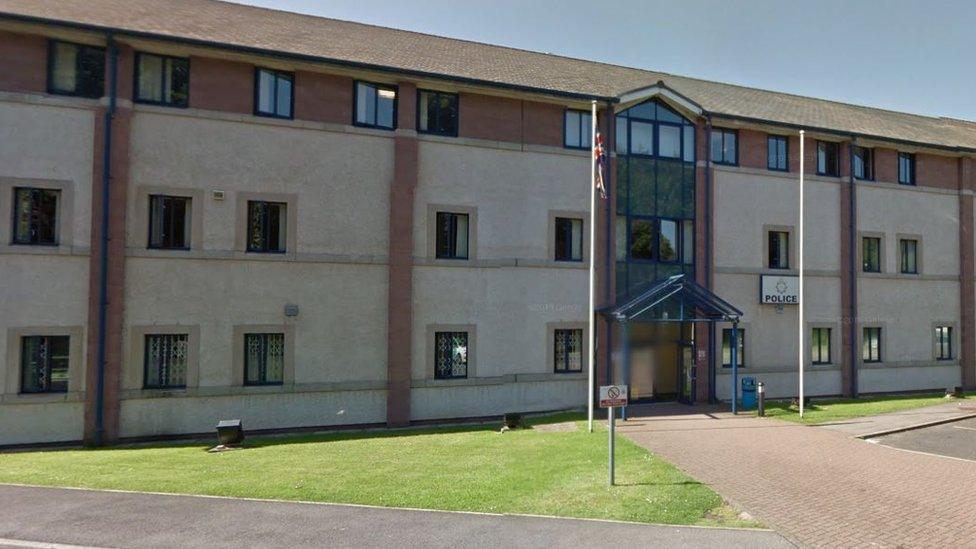
- Published11 June 2015
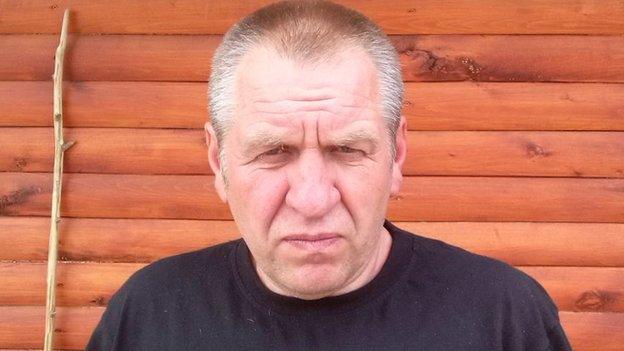
- Published7 July 2016
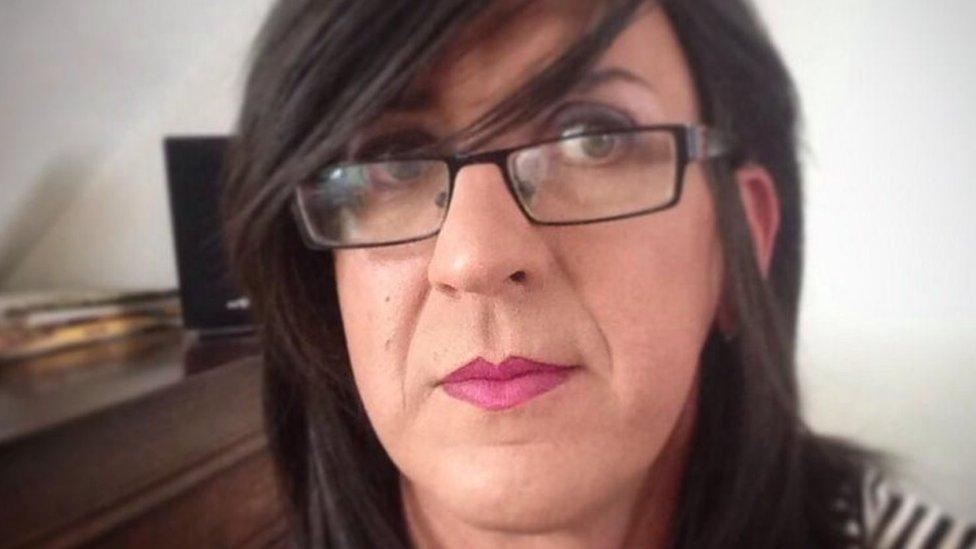
- Published23 May 2016
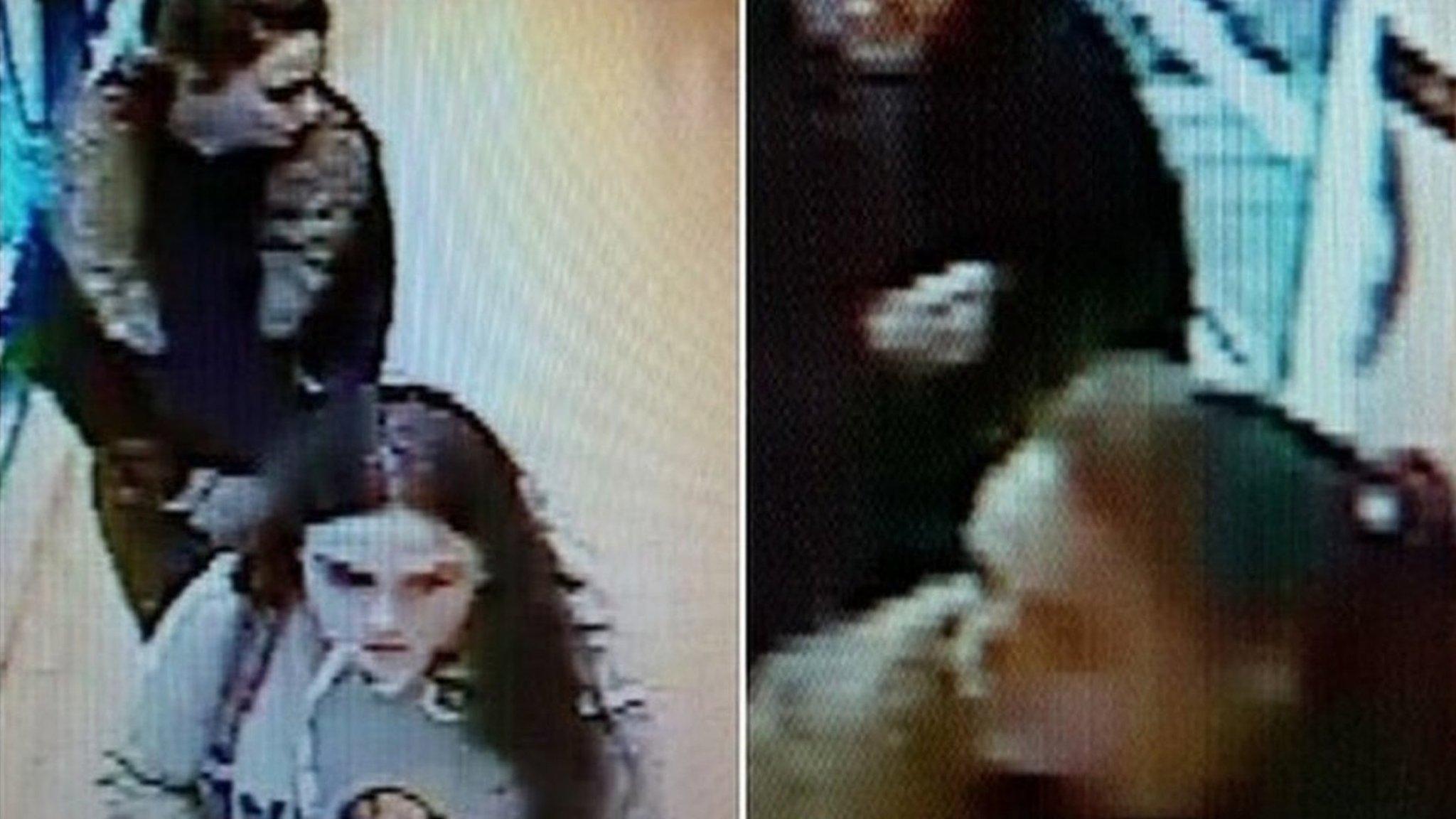
- Published14 March 2016
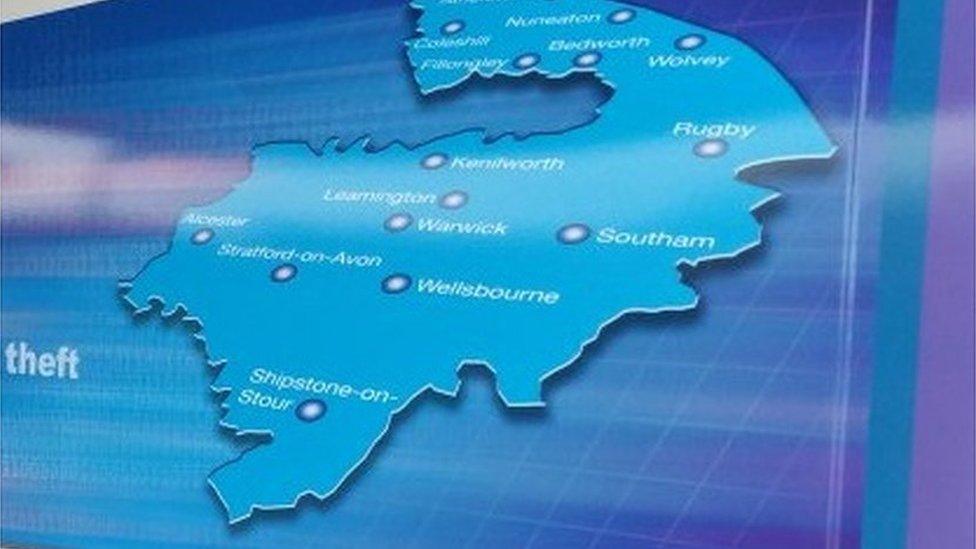
- Published14 March 2011
- Published14 April 2016
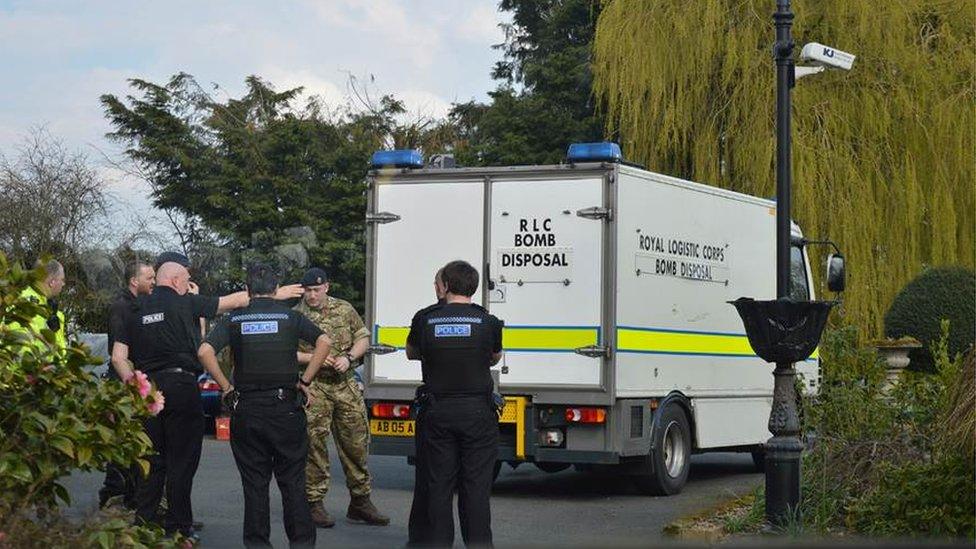
- Published14 May 2012
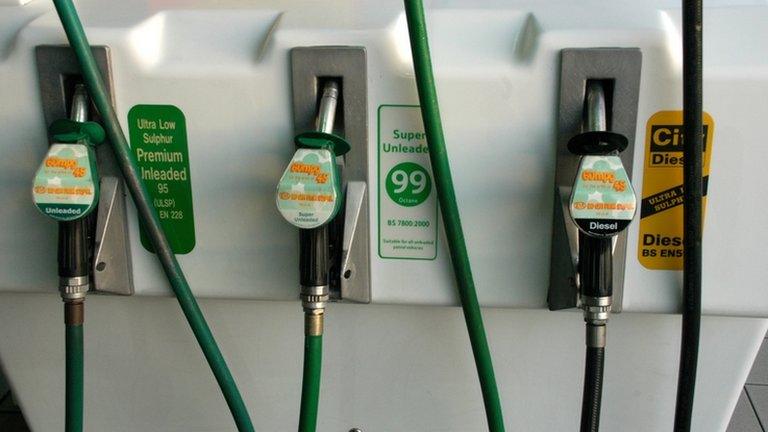
- Published1 July 2014
